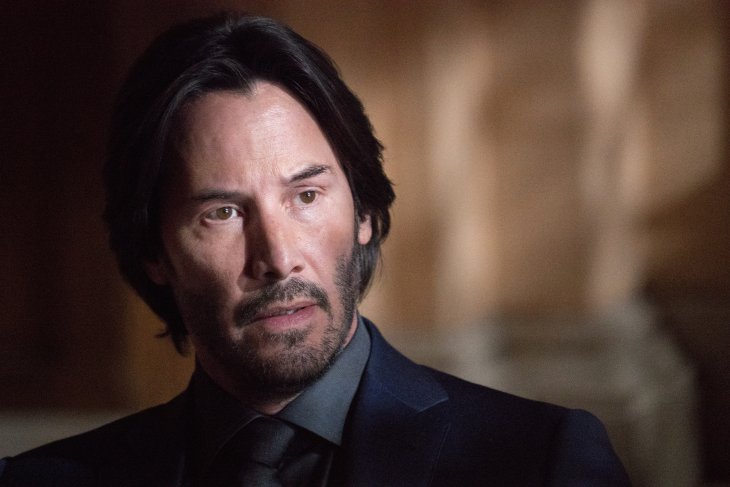Justices Reject Challenge From Anti-LGBTQ Business Owners
Free preventive health services for more than 150 million Americans will remain intact after the Supreme Court ruled to uphold a central feature of the Affordable Care Act.
In a 6-3 decision, the justices sided with the federal government in Kennedy v. Braidwood Management, Inc., rejecting a legal challenge that aimed to weaken a provision requiring insurers to cover preventive services without patient cost-sharing. The ruling allows the U.S. Preventive Services Task Force to continue recommending screenings, medications, and treatments that must be covered under the ACA.
Chief Justice John Roberts and Justices Amy Coney Barrett and Brett Kavanaugh joined the court’s three liberal members in the majority. While the court preserved the ACA mandate, it clarified that the Health and Human Services secretary ultimately has oversight authority over the task force, meaning future coverage recommendations may be subject to political influence.
The case stemmed from a challenge by Christian business owners in Texas, led by Braidwood Management and its founde,r Steven Hotze, a longtime opponent of the ACA and vocal critic of LGBTQ+ rights. The plaintiffs objected to the ACA’s requirement that insurance plans cover HIV-prevention drugs known as PrEP, arguing that doing so conflicts with their religious beliefs and “promotes homosexuality.”
Their lawsuit also questioned the constitutionality of the task force’s structure, claiming its members wield federal power without presidential appointment or Senate confirmation. Two lower courts agreed with that argument, but the Supreme Court overturned those rulings.
Public health experts and LGBTQ+ advocacy groups had warned that eliminating the task force’s authority could lead to the loss of free coverage for a broad range of essential services, including cancer screenings, blood pressure checks, contraception, mental health evaluations, and childhood immunizations.
The court’s opinion leaves the task force’s existing recommendations in place but affirms that HHS has the ability to oversee and, if necessary, modify or reject its guidance. That shift in oversight has raised concerns, especially given the controversial health policy views of current HHS Secretary Robert F. Kennedy Jr., who could influence how the task force operates going forward.























